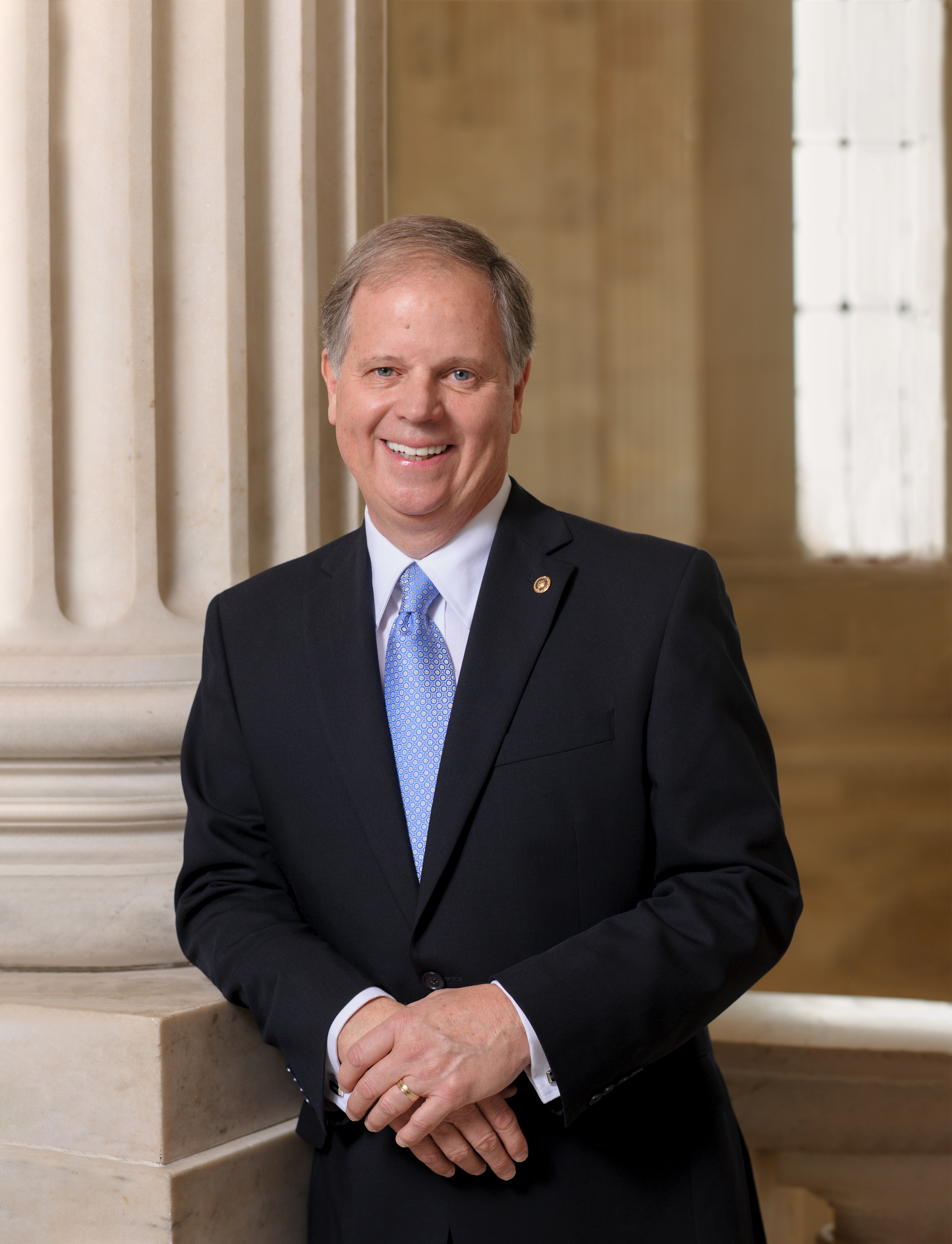Senators Propose $5 Billion Plan for Rural Broadband Buildout
The smarter way to stay on top of the multichannel video marketplace. Sign up below.
You are now subscribed
Your newsletter sign-up was successful
In their newly introduced "American Broadband Buildout Act of 2019,’’ Sens. Susan Collins (R-Maine) and Doug Jones (D-Alabama) are calling for $5 billion for a matching funds program that will focus on "unserved" parts of the U.S.
Their six-year agenda is aimed at helping state-level broadband programs build and expand broadband service into areas with little or no high-speed access today, a sharp distinction from "underserved" regions or neighborhoods.

The proposal, introduced this week, calls for the Federal Communications Commission, which would administer the grants, to "give priority to qualifying projects." It stipulates that at least 15% of the funds go to "areas that are high-cost and geographically challenged." The bill also calls for grant recipients to establish "public awareness" and "digital literacy" campaigns to familiarize potential users of the "value and benefits of broadband internet access service.
The Collins/Jones proposal would serve as a companion to bipartisan legislation, introduced earlier this year. The proposed Broadband Data Improvement Act would require more accurate and granular data (priorities in Congress and at the FCC) to identify and validate information about broadband deployment, through "shapefiles," a vector data format for storing geographic location information.
"Using accurate and granular information regarding the availability of broadband internet access service at the sub-census block level" is a criterion specified in the Collins/Jones proposal. The plan envisions "a maximum buildout timeframe of six years from the date on which the Commission first awards a grant to an eligible entity."

The bill calls for the FCC to establish "broadband buildout milestones" and requires that grantees "must submit it to demonstrate compliance with the broadband buildout milestones."
Collins has supported rural broadband legislation over the years, such as a 2015 proposal to modernize support for such services. Jones was a co-sponsor of the Access Broadband Act, introduced earlier this year, to create an Office of Internet Connectivity and Growth within the National Telecommunications and Information Administration (in the Commerce Department); that bill is intended to streamline processes for local businesses to access federal broadband resources.
The smarter way to stay on top of the multichannel video marketplace. Sign up below.
NCTA –The Internet & Television Association, which has endorsed rural broadband initiatives and improved data mapping plans, welcomed the Collins/Jones proposal. In a statement, NCTA said it shares the vision of "extending high-speed broadband networks to those communities that are not yet connected."
"In particular, we appreciate the legislation’s emphasis on directing funds to areas that need them the most, as well as a requirement for the FCC to immediately improve its fixed broadband maps at a sub-census block level," NCTA continued. Its statement said it seeks "solutions that will close the digital divide from Alabama to Maine and across America,” conveniently citing the home states of the bill's sponsors.
Contributor Gary Arlen is known for his insights into the convergence of media, telecom, content and technology. Gary was founder/editor/publisher of Interactivity Report, TeleServices Report and other influential newsletters; he was the longtime “curmudgeon” columnist for Multichannel News as well as a regular contributor to AdMap, Washington Technology and Telecommunications Reports. He writes regularly about trends and media/marketing for the Consumer Technology Association's i3 magazine plus several blogs. Gary has taught media-focused courses on the adjunct faculties at George Mason University and American University and has guest-lectured at MIT, Harvard, UCLA, University of Southern California and Northwestern University and at countless media, marketing and technology industry events. As President of Arlen Communications LLC, he has provided analyses about the development of applications and services for entertainment, marketing and e-commerce.

